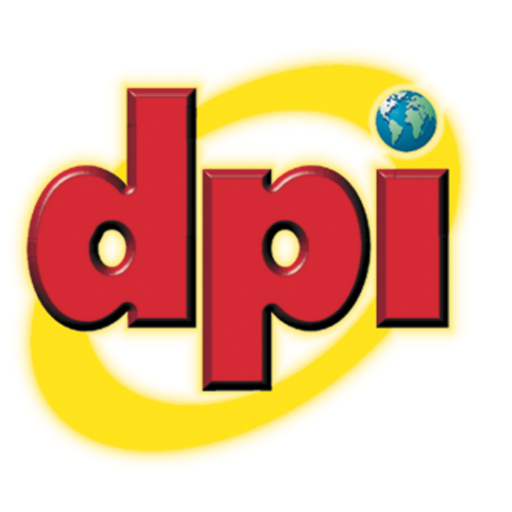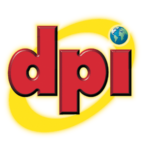International SEO services
- Home
- International SEO services
International SEO: Unlocking Global Opportunities
In today’s interconnected world, businesses are expanding their horizons beyond national borders, seeking growth and new opportunities in international markets. With the rise of the internet and the increasing importance of online visibility, international SEO has become a critical component of any global marketing strategy. In this article, we will explore the key aspects of international SEO, including best practices, expert insights, and the services provided by international SEO agencies and companies.
Understanding International SEO
International SEO is the process of optimizing a website’s visibility and organic search rankings in multiple countries and languages. It involves tailoring the website’s content, structure, and technical aspects to target specific international markets effectively. By implementing international SEO strategies, businesses can attract global audiences, drive targeted traffic, and generate valuable leads and conversions.
The Importance of International SEO Services
Expanding Horizons with International SEO Services
Expanding your business into new international markets can be a daunting task. However, with the assistance of professional international SEO services, the process becomes more manageable and efficient. These services provide a range of expertise, resources, and strategies to help businesses achieve success in foreign markets.
Unlocking Global Potential with an International SEO Agency
An international SEO agency plays a vital role in helping businesses navigate the complexities of international markets. They have the knowledge and experience to develop tailored strategies, conduct market research, perform competitor analysis, and implement effective SEO campaigns. By partnering with an international SEO agency, businesses can leverage their expertise and unlock the global potential of their products or services.
Best Practices for International SEO

Keyword Research: The Foundation of International SEO
Keyword research forms the foundation of any successful SEO campaign, and international SEO is no exception. When expanding into new markets, it’s crucial to understand the local language, culture, and search behavior. Conducting thorough keyword research helps identify the most relevant and high-value keywords for each target market, ensuring that the website’s content aligns with local search intent.
Multilingual and Multiregional SEO: Tailoring Content for International Audiences
International SEO involves creating content that resonates with audiences in different languages and regions. It’s important to consider linguistic nuances, cultural differences, and regional preferences when developing content. Multilingual SEO focuses on translating content into different languages, while multiregional SEO focuses on targeting specific regions with relevant content.
Hreflang Tags: Enhancing Language and Region Signals
Hreflang tags are HTML tags that signal to search engines the language and region targeting of a webpage. By implementing hreflang tags correctly, businesses can ensure that search engines display the most appropriate version of their webpages to users in different countries or regions. This helps avoid duplicate content issues and improves the overall user experience.
Website Localization: Adapting for International Markets
Website localization goes beyond translation and involves adapting the website’s design, user interface, and content to suit the preferences and cultural norms of specific markets. Localization includes factors such as currency, date and time formats, measurements, and localized images. By providing a localized user experience, businesses can enhance engagement and build trust with international audiences.





